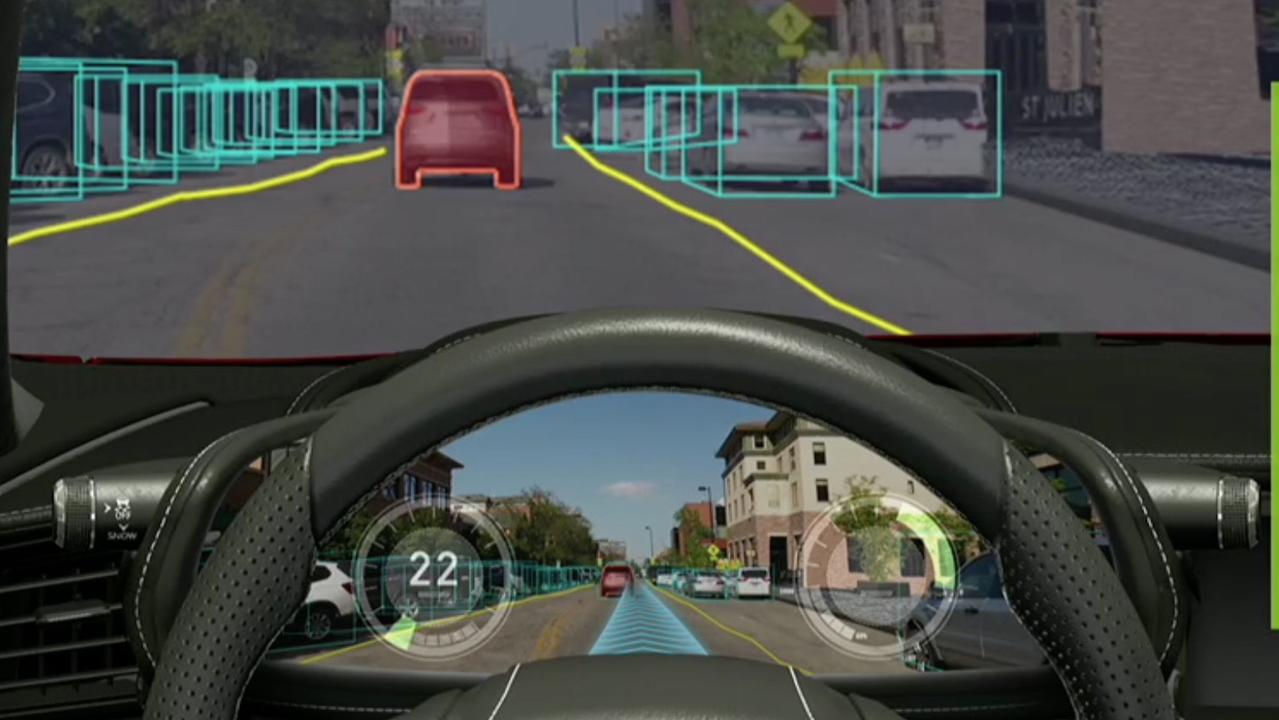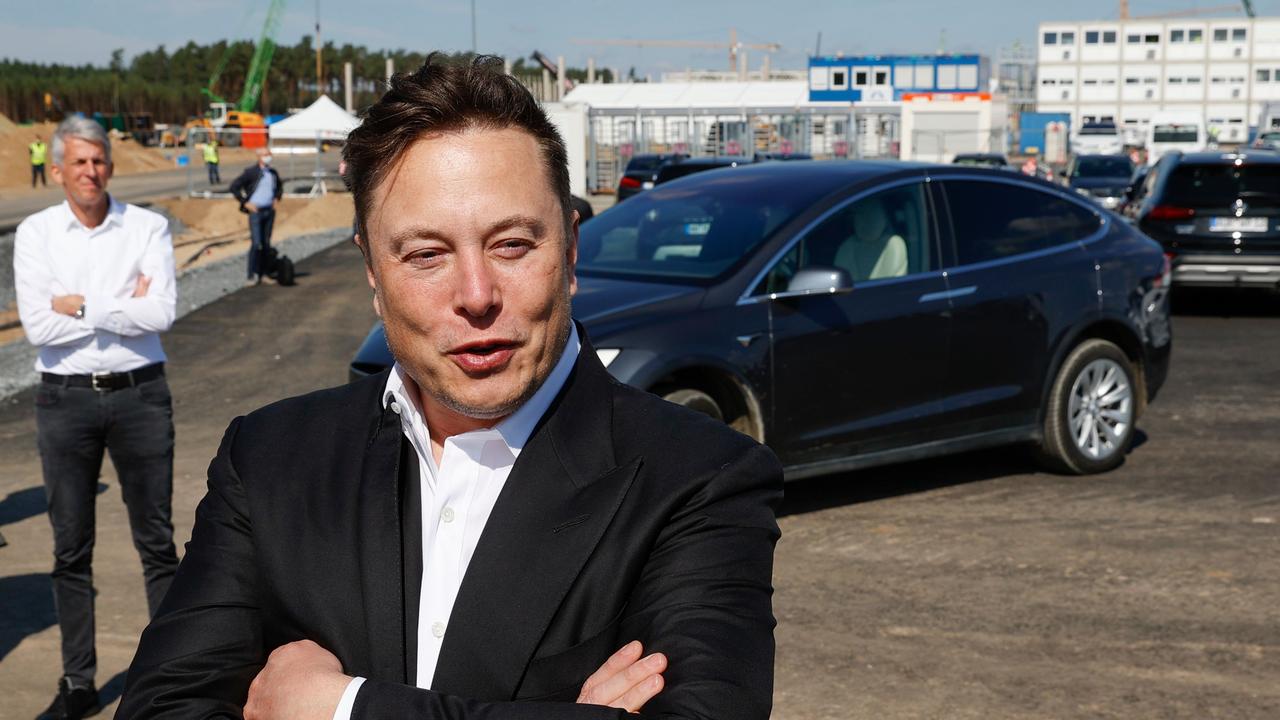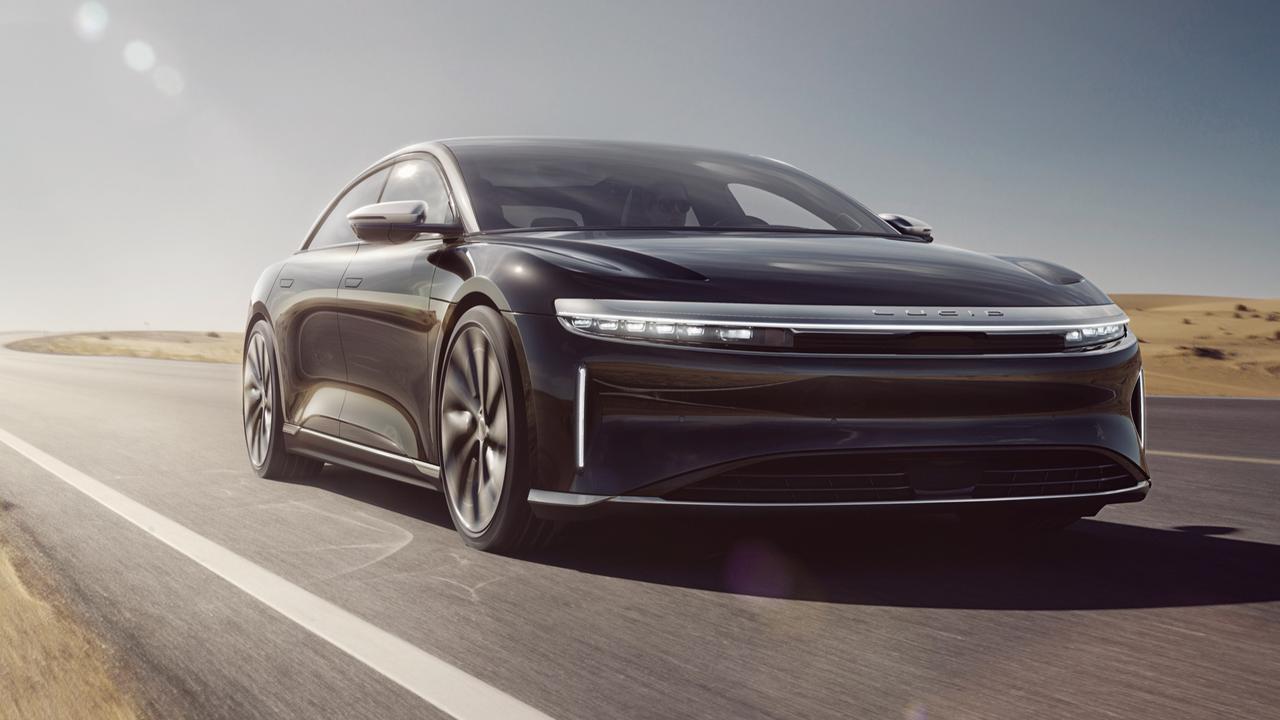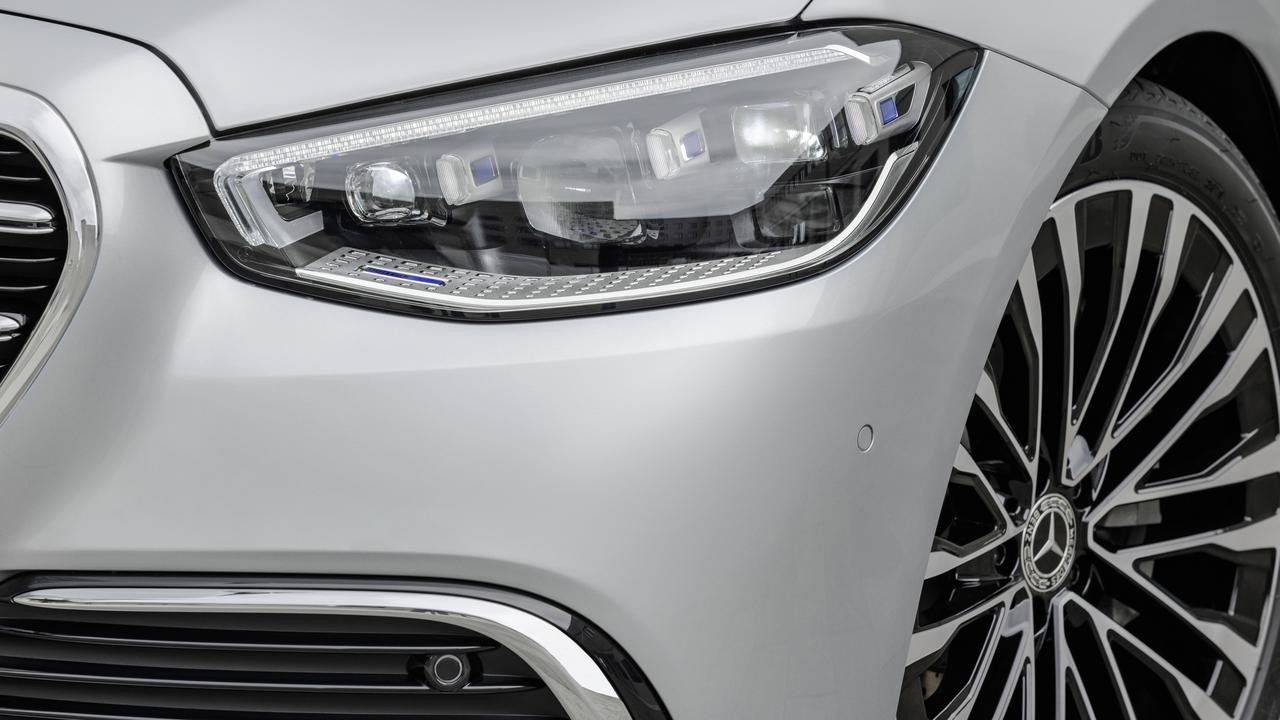Car makers waste billons on tech we don’t want
This technology is supposed to be the next big thing in motoring and car makers are spending billions developing it, but there is one huge problem.

Many new car buyers are shunning the advanced driver aids that are crucial to the push towards driverless cars, according to a JD Power survey of more than 20,000 owners in the US.
The 2019 Tech Experience Index (TXI) Study determined there was a “major concern” for car makers spending billions developing advanced assistance features that can temporarily take control from the driver.
False warnings and annoying alerts were often prompting drivers to switch some aids off.
“Automakers are spending lots of money on advanced technology development, but the constant alerts can confuse and frustrate drivers,” said Kristin Kolodge, executive director of driver interaction and human machine interface research at JD Power.
“The technology can’t come across as a nagging parent; no one wants to be constantly told they aren’t driving correctly.”

Various studies have shown consumers are wary about the move to driverless cars, older demographics in particular untrusting of the technology.
And respected customer advocate Consumer Reports in America was scathing of Tesla’s Autopilot, saying it was “far less competent than a human driver” and that driver aids “aren’t vetted properly” before being deployed in vehicles.
The JD Power survey is the latest blow to an industry racing towards fully driverless cars.
The TXI Study said lane departure warning systems — which monitor where the car is in the lane and often self-steer — were a particular frustration, with 23 per cent of respondents nominating them as “annoying or bothersome”, to the point where 61 per cent switched the tech off.

“Consumers are still very concerned about cars being able to drive themselves, and they want more information about this complex technology, as well as more channels to learn how to use them or how and why they kick in,” Kolodge said. “If they can’t be sold on lane-keeping — a core technology of self-driving — how are they going to accept fully automated vehicles?”
JD Power found a large difference between brands, too, with some annoying only 8 per cent of owners and others 30 per cent.

“Some brands are succeeding at making their safety technology effective without being overbearing,” said Kolodge, adding that it had a large bearing on whether customers wanted the tech on their next car.
The Study ranked collision protection such as autonomous emergency braking as the highest scoring of six technologies measured, with 813 points. Smartphone mirroring was second on 789, while driving assistance (768) and navigation (744) ranked last.
The top performing vehicle on the TXI was the Kia Stinger with a score of 834 out of 1000, well above the average of 781, which was up from the 2018 average of 765.
Other vehicles topping their respective categories included the Hyundai Kona, Toyota C-HR and Porsche Cayenne.



